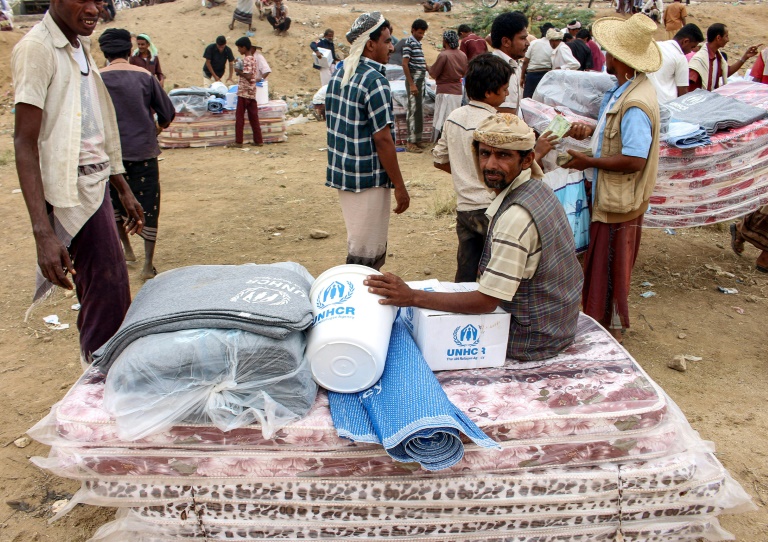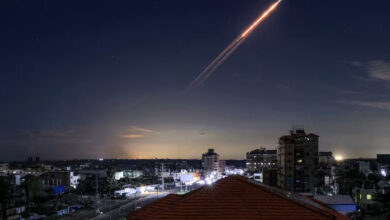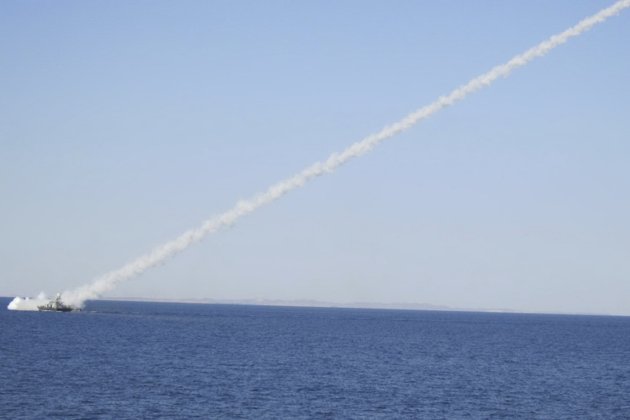
ADEN (Reuters) – The U.S. ambassador to Yemen blamed the Iran-aligned Houthi movement on Thursday for the stalling of a U.N.-led peace deal in the main port of Hodeidah and said the group’s weapons pose a threat to other countries in the region.
The Saudi-backed Yemeni government and the Houthis reached a ceasefire and troop withdrawal deal for Hodeidah, which is under Houthi control, at talks in Sweden in December. The agreement was the first major breakthrough in efforts to end more than four years of war.
While the truce has largely held, the troop withdrawal has yet to materialize with both parties blaming each other for lack of progress in implementing the pact.
“We are greatly frustrated by what we see as delays and stalling on the part of the Houthis in implementing what they agreed to in Sweden, but I have great confidence in the UN envoy and what he is doing,” ambassador Matthew Tueller told a televised news conference in the southern port of Aden, where the internationally recognized government is based.
“We are willing to work with others in order to try to implement these (Sweden) agreements and see whether the Houthis can in fact demonstrate a political maturity and start to serve the interests of Yemen rather than acting on behalf of those who seek to weaken and destroy Yemen,” he said.
Tens of thousands of people have been killed in the war which pits the Houthis against other Yemeni factions backed by a Saudi-led coalition loyal to the government of Abd-Rabbu Mansour Hadi. The Houthis ousted Hadi’s government from power in the capital Sanaa in late 2014.
The conflict is widely seen in the region as a proxy war between Saudi Arabia and Iran. The Houthis deny being puppets of Tehran and say their revolution is against corruption.
Reporting by Maher Chmaytelli and Ghaida Ghantous in Dubai; Editing by Raissa Kasolowsky




